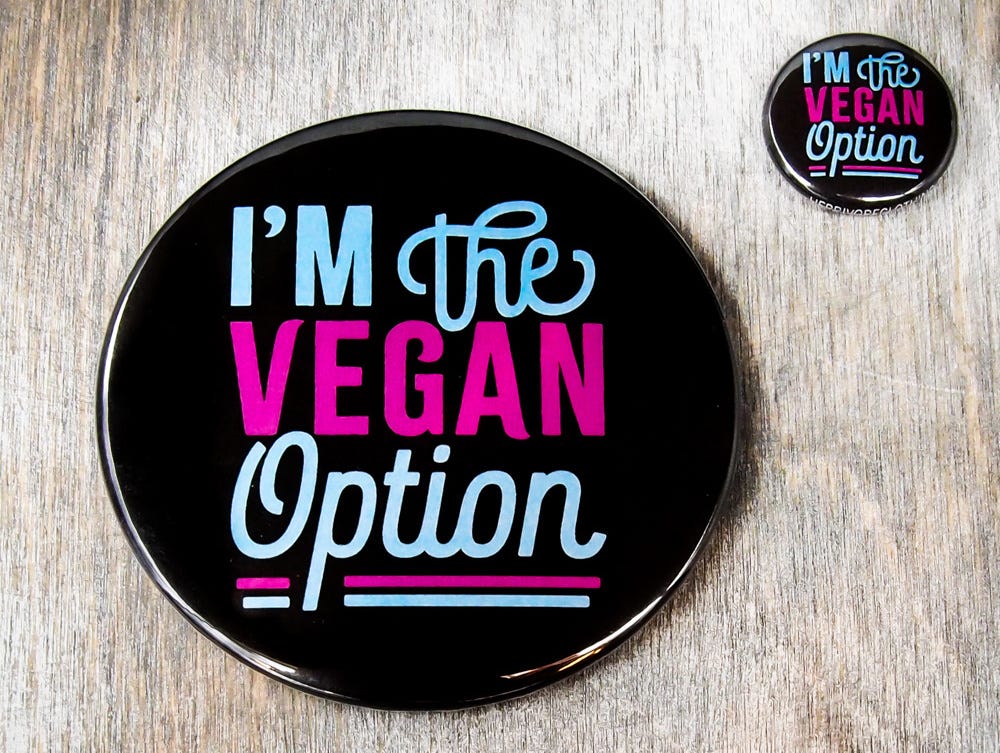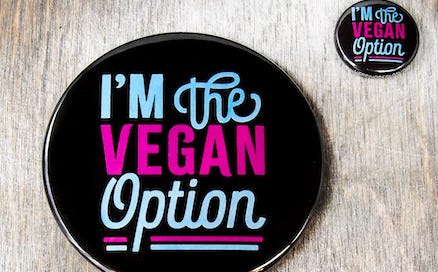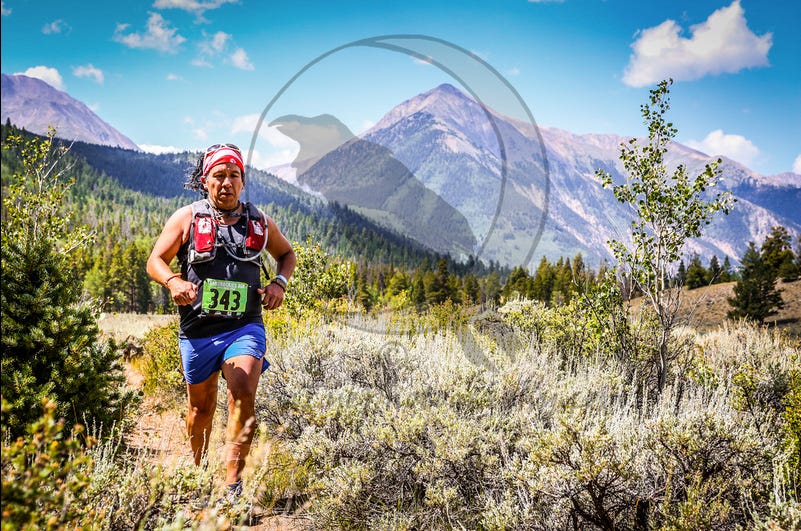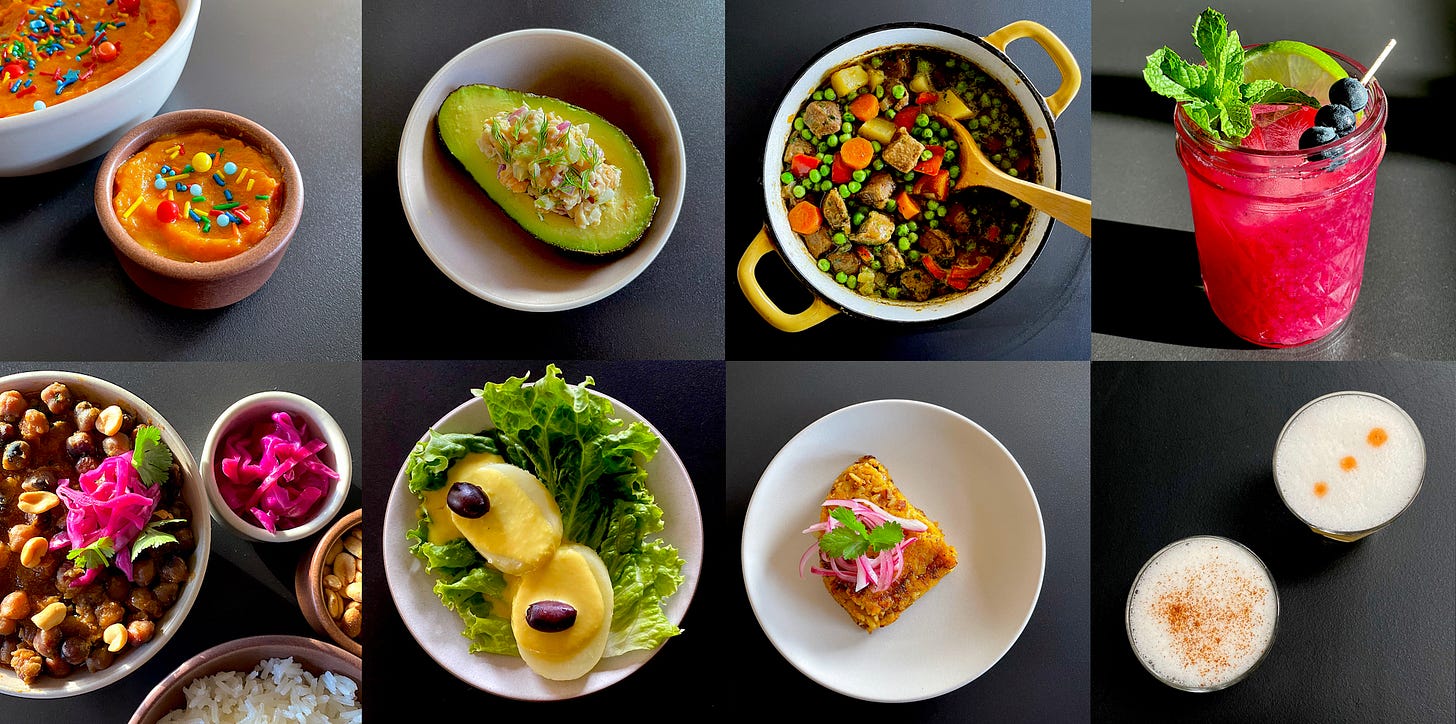In 2018, as an omnivore chef who loved Peruvian cuisine, I turned vegan. Here I share my inspiration, challenges, and how I embraced a plant-based diet that is good for my health, for animals, and for our planet.
An Omnivore Chef
Before I turned vegan, I was a chef at 18 Reasons, an award-winning community cooking school in San Francisco. There, I taught home cooks to prepare traditional Peruvian dishes like seafood ceviche.
As an omnivore, I enjoyed the diverse flavors of Peru’s creole cuisine—the 500-year fusion of Andean, European, African, Chinese, and Japanese cultures. And I was certain that I’d cook and eat this food the rest of my life.
I could not imagine ceviche without seafood. It didn’t make sense. Ceviche without seafood is not ceviche, it’s not Peruvian, I thought.
Something Had to Change
In the 20 years before I turned vegan, I ran marathons and long distance races on mountain trails in California and Colorado. I also ran the high-elevation Inca Trail Marathon to Machu Picchu.
I believed that animal protein was an essential fuel for my body. More than that, because I was a strong runner, I thought that I could eat anything I wanted without consequences. But I was wrong.
After suffering a stress fracture, I had to stop running. And my meat-centric diet was not helping me recover. Instead, I gained a lot of weight, and my health deteriorated dramatically. I was at a loss.
I knew something had to change, but I didn’t know what.
Eat & Run
Until I read Eat & Run, the 2012 book by vegan ultrarunner Scott Jurek. I was very surprised that a plant-based diet helped Jurek win 100-mile races, and I wondered if changing my diet could help me get back to running.
Inspired, I stopped eating animal protein—no meat, fish, poultry, or dairy—and began cooking with familiar plant-based ingredients that were already in my repertoire: rice, beans, lentils, quinoa, potatoes, and nuts.
I started to run a few miles on trails, did strength training, and rode a stationary bike. Slowly, my body changed. I was more energetic. I lost weight. I felt fit again. My new diet, combined with exercise, was working.
I also found motivation in The Game Changers, the 2018 documentary about athletes like Jurek that share their plant-powered success stories.
But I had a challenge. For Latinx people, food defines who we are, so I was worried I’d lose my cultural identity by giving up the dishes I grew up with.
My Ancestors’ Plant-Forward Diet
To address this challenge, I started to look at Peruvian cuisine through a vegan lens.
First, I acknowledged that the creole food I once loved was a product of colonization and that it was Spain’s colonial foodways that introduced livestock and poultry.
Second, after a bit of research, I discovered that my ancestors thrived on a plant-forward diet of crops they cultivated in the Andes Mountains: quinoa, corn, potatoes, and coca leaves plus plenty of foraged herbs.
For them, eating animal protein was not the default. Rather it was reserved for special celebrations. And when added to a dish, it was in small amounts.
It turns out that going vegan, and cooking with plant-based ingredients, brought me closer to my ancestors’ culinary traditions. And instead of losing my identity, I am making it stronger.
How I Cook Vegan
At first, my approach to cooking vegan was very simple. I removed all animal protein from a dish. So I cooked a lot of rice and beans with greens, or a lentil soup with potatoes, or a chickpea stew with kale.
I also looked to other chefs and cookbook authors for ideas. And that made cooking a new experience again. It was fun to learn about ingredients like tofu or tempeh, and the many ways you can cook with them.
Some of those early cookbook authors that I took into my kitchen were Isa Chandra, Joe Yonan, Bryant Terry, and also America’s Test Kitchen.
Then, I began veganizing traditional Peruvian recipes, and I realized that the soul of a dish was not in the animal protein, but in the spices, flavors, textures, and origin story. It was possible to be vegan and Peruvian.
Today, in my Portland home, I cook mostly vegan Peruvian creole dishes for my family. Sometimes, I even use meat alternatives like Beyond Meat to make vegan beef empanadas, or Gardein fishless filets for escabeche.
Veganversary

This veganversary I am happy to be in Portland with my family, and to have found such a welcoming food community.
Portland is a great place to go vegan. And one of our favorite ways to experience a variety of vegan dishes is to explore the food trucks around the city. Many food vendors offer vegan options, and some are 100% vegan. Recently, we’ve enjoyed vegan rolls at Sushi Love PDX and family-style vegan Chinese dishes from Uncle Tsang’s Vegetarian Kitchen.
There are also vegan shops and markets. Herbivore Clothing has an amazing selection of vegan cookbooks to inspire you to cook vegan. While Food Fight! Grocery carries just about every vegan food item you can imagine, such as the vegan shrimp I used to veganize chupe de camarones, Peru’s creole shrimp chowder.
Looking back at my four years as a vegan, I am grateful to be on a path to better health, that my choice to be a vegan athlete helps combat climate change and save animals, and that I’ve preserved my cultural identity.
At home, I am overwhelmed with joy that my wife enjoys my cooking, and that our toddler devours my vegan dishes. I am also hopeful that one day soon all my cooking will culminate in a series of pop-up dinners here in Portland, and that I’ll find a publisher for my vegan Peruvian cookbook.
In the meantime, I look forward to continue using my vegan lens to share Peru’s food and drink culture with you via my monthly newsletter.








Hi Nico... Love to read new recipes from different parts of the world as I Iove to cook too! Skills I picked up from my dad who was a chef, he was cooking til his days well passed his 90s!
I wish I was an editor that could purchase and publish books because I would surly purchase yours. Falling short of that, please know as soon as it's available, I will buy it. I've been vegetarian my whole life - but I am not always a healthy eater. I aspire to a fully vegan plant based diet and I'm taking steps to improve my food choices and habits. Congrats on the Veganversary!